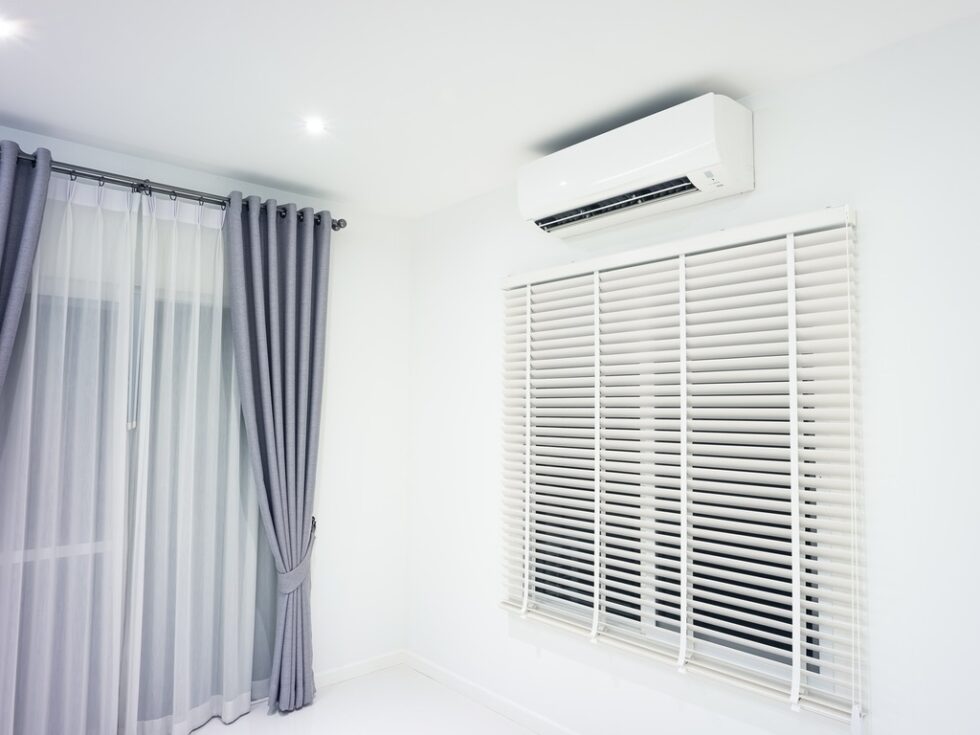
Heating, ventilation, and air conditioning (HVAC) systems are critical for maintaining comfortable living conditions for our homes and offices. However, HVAC systems are complex, and maintaining them can be a challenge if you don’t know what you’re doing. This article provides some dos and don’ts of HVAC maintenance for beginners.
Do Change Your Filters Regularly
Air filters are the first line of defense against dust, debris, and other contaminants in your HVAC system. Check filters once a month and replace them every 1-3 months, depending on usage.
Don’t Ignore Unusual Noises or Smells
If you notice strange noises or odors emanating from your HVAC system, this could be an indication of a problem. Ignoring these warning signs may result in more extensive and costly repairs in the future.
Do Schedule Regular Maintenance
Regular maintenance of your HVAC system can help improve its efficiency and prevent breakdowns. Schedule an inspection and maintenance check annually, preferably before the start of warm or cool seasons.
Don’t Block Airflow
Ensure that vents and air registers are not blocked by furniture, curtains, or other objects. Blocked airflow can reduce system efficiency and lead to uneven heating and cooling.
Do Use a Programmable Thermostat
Programmable thermostats enable you to set temperatures to maximize energy savings and control the temperature in your home or office. Program the thermostat so that the temperature is adjusted when you’re not at home or sleeping.
Don’t Ignore Energy Efficiency
HVAC systems consume an extensive amount of energy, which can lead to high utility bills. Consider investing in energy-efficient systems to reduce energy consumption and costs.
Do Check Your Ductwork
A leaking or damaged duct can lead to a decrease in circulation and efficiency of your HVAC system. Inspect the ductwork and have it repaired by a professional if necessary.
Don’t Attempt DIY Repairs
HVAC systems are complex, and attempting DIY repairs can cause further damage and costly repairs. Always hire a licensed and experienced HVAC technician to make repairs or conduct maintenance.
Do Ensure the Outdoor Unit Is Clear
Check that the outdoor unit is free from debris, such as leaves, grass, or branches. A blocked outdoor unit can reduce efficiency and cause the system to malfunction.
Don’t Neglect Your System
Neglecting your HVAC system can lead to expensive repairs down the road. Take care of your system with regular maintenance and addressing any issues promptly.




